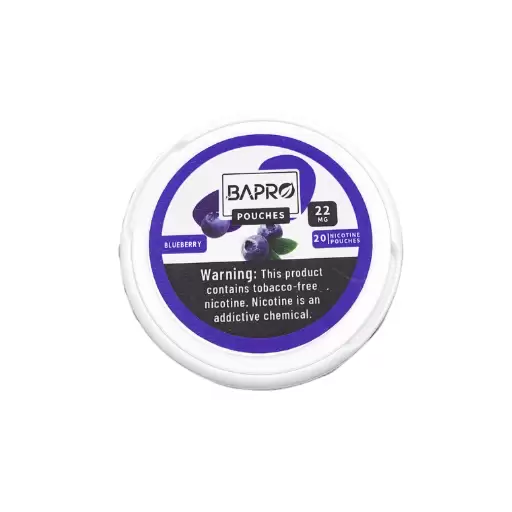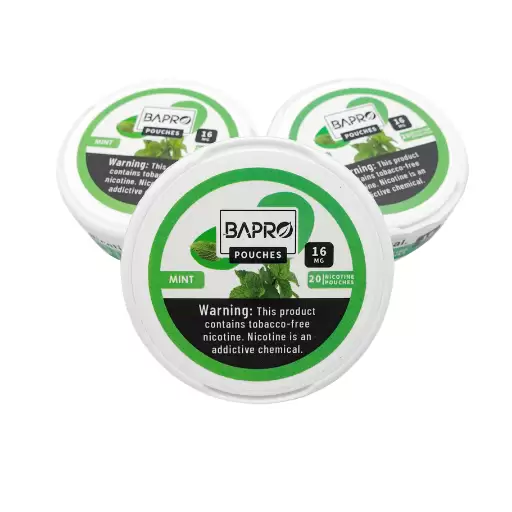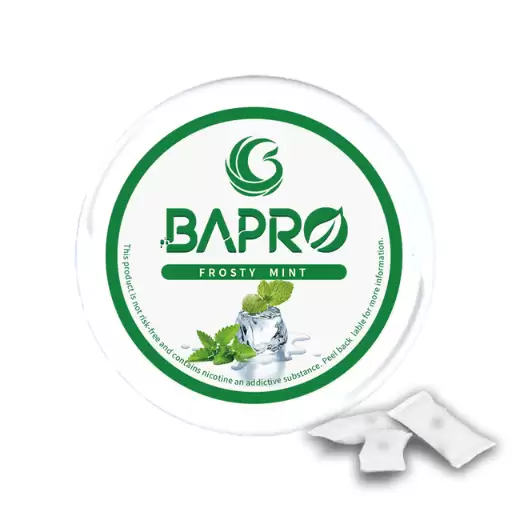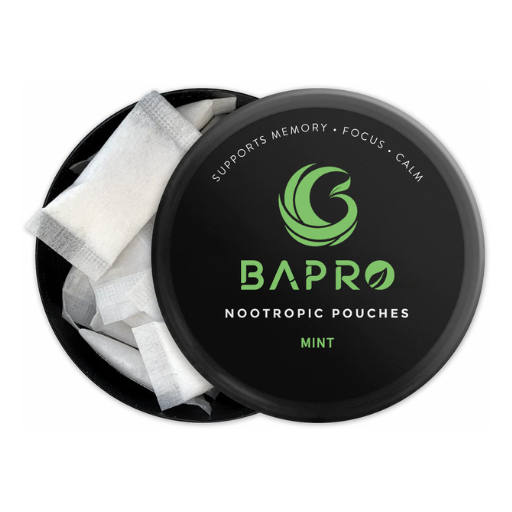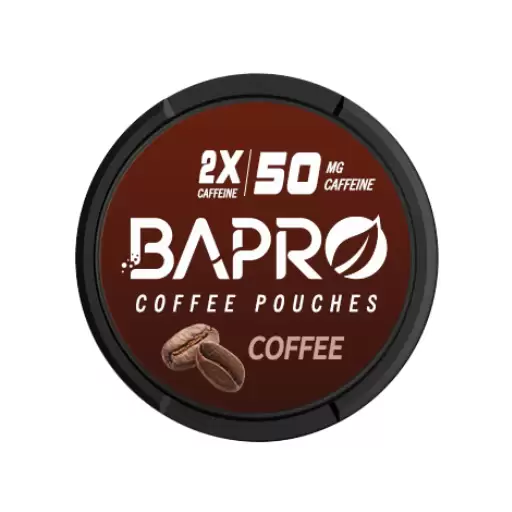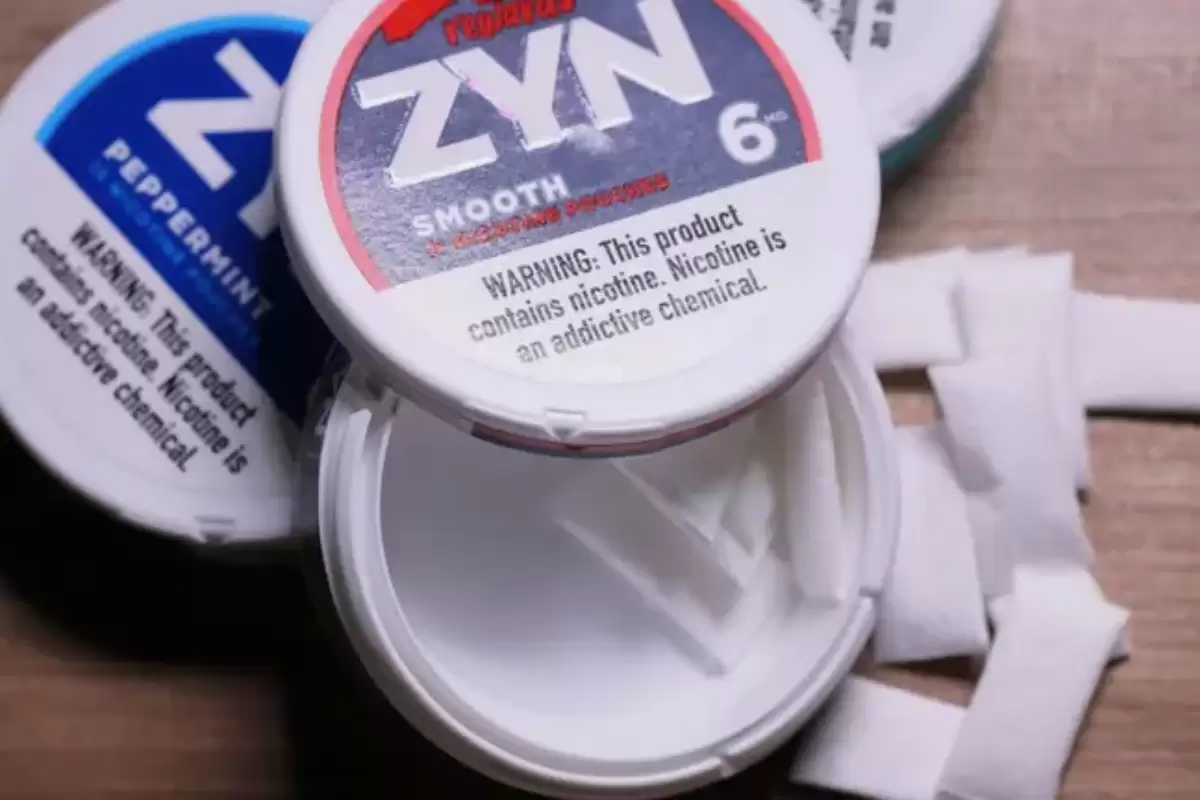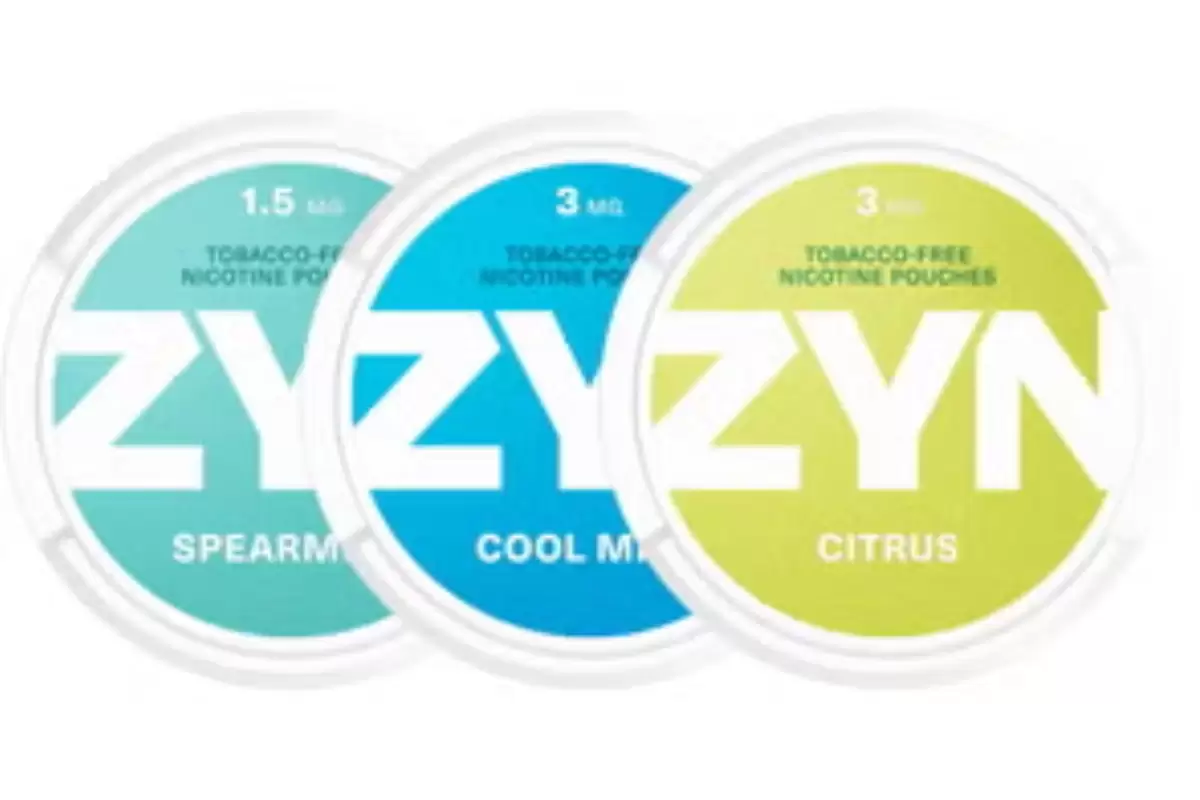Quitting smoking is one of the toughest challenges many face in their pursuit of a healthier lifestyle. Despite the well-documented dangers, nicotine addiction makes smoking cessation a daunting task for millions globally. In response to this issue, a plethora of cessation aids have been developed, ranging from traditional methods like nicotine patches and prescription medications to more innovative solutions.
Among these new aids, snus-flavored gummies to help quit smoking have emerged as a unique alternative. These gummies offer a novel approach by potentially easing the quitting process through something as simple and enjoyable as eating a candy. But how effective are these gummies? This article delves into the potential of gummies as an aid for smokers looking to quit, providing a fresh perspective on smoking cessation tools.

Understanding How Gummies Can Aid in Quitting Smoking
Quit-smoking gummies are formulated with a variety of active ingredients designed to combat the physical and psychological hurdles associated with quitting smoking. Key components typically include herbal extracts and supplements like St. John’s Wort, chamomile, and snus extracts, which are known for their calming and mood-stabilizing effects. These ingredients work synergistically to not only manage nicotine cravings but also to alleviate the stress and anxiety that often accompany smoking cessation.
The effectiveness of these gummies lies in their interaction with the body’s neurochemical pathways. For instance, ingredients like St. John’s Wort can help enhance the production of serotonin and dopamine—neurotransmitters that are often at low levels in individuals withdrawing from nicotine. By boosting these levels, quit-smoking gummies help to reduce the depressive symptoms and irritability often experienced by those trying to quit.
Moreover, the use of snus in these gummies introduces a tobacco-free nicotine alternative that can satisfy cravings without the harmful effects of smoking. This strategic inclusion allows smokers to gradually wean off their nicotine dependency while still managing withdrawal symptoms in a less harmful way.
Dr. Helen Thomas, a renowned addiction specialist, supports the use of such innovative aids. She states, “Using products like quit-smoking gummies can be a game-changer for many. The psychological boost from overcoming cravings with something as simple as a gummy can significantly enhance the quitting success rate.”
Understanding these mechanisms highlights how quit-smoking gummies can serve as a valuable tool in the smoking cessation arsenal, offering a supportive way to ease the transition away from cigarettes.
Comparing Gummies to Traditional Smoking Cessation Aids
Quit-smoking gummies provide a contrasting approach to traditional smoking cessation aids such as nicotine patches, gums, and prescription medications. Each method has its own set of benefits and drawbacks, making it crucial for individuals to choose the one that best fits their needs.
Nicotine patches and gums deliver controlled doses of nicotine to help reduce withdrawal symptoms and cravings. However, while effective, they still introduce nicotine into the body, which can perpetuate nicotine dependence. Prescription medications, such as varenicline or bupropion, work on a neurological level to curb cravings and withdrawal effects, but they come with potential side effects that can be severe, including mood swings, depression, and, in rare cases, cardiovascular problems.
In contrast, snus-infused gummies offer a tobacco-free and potentially less addictive way to manage cravings. These gummies do not contain nicotine, but use natural supplements to alleviate the physical and psychological discomfort associated with quitting. The benefits of using gummies over conventional methods include their ease of use, pleasant taste, and the avoidance of the systemic side effects associated with nicotine and pharmaceutical options.
However, the drawbacks include the need for consistent self-administration throughout the day and the lack of stronger, immediate relief that nicotine-based products can provide. Furthermore, as Dr. Emily Carter, a psychologist specializing in addictive behaviors, notes, “While gummies can be an excellent aid for some, they do not address the nicotine addiction directly, which can be a critical component for those heavily dependent on cigarettes.”
Ultimately, the choice between gummies and traditional aids should be informed by personal health profiles, the degree of nicotine dependency, and individual preferences for managing withdrawal symptoms.

Consumer Testimonials and Case Studies
The real-world effectiveness of quit-smoking gummies can be best illustrated through consumer testimonials and empirical data from various case studies. Individuals who have used gummies to help quit smoking often report positive experiences, noting significant reductions in their cravings and an overall smoother transition away from smoking.
James Robertson, a 45-year-old former smoker, shared his experience: “After a decade of failed attempts using patches and prescription drugs, I finally found relief with snus-flavored quit-smoking gummies. They not only helped manage my cravings but also made the process less stressful and more bearable.”
Case studies further support these claims, demonstrating notable success rates among participants who used gummies as part of their cessation strategy. In a recent study conducted by the University of Health Sciences, researchers observed that participants using quit-smoking gummies reported a 30% better retention rate in cessation programs compared to those using traditional nicotine replacement therapies.
These studies also highlight the psychological benefit of using gummies. The act of chewing provides a physical distraction from cravings, and the pleasant taste can serve as a positive reinforcement, helping individuals associate quitting with a rewarding experience rather than deprivation.
Dr. Laura Simmons, an expert in behavioral therapy, emphasizes the role of such sensory aids: “The tactile and gustatory elements associated with consuming gummies can significantly ease the psychological burden of quitting. This approach can be particularly effective for people who smoke not only for nicotine but also as a way to manage stress.”
These testimonials and studies underscore the potential of gummies as a viable and effective tool for smoking cessation, offering hope and a new avenue for those struggling to quit smoking.
Potential Side Effects and Considerations
While quit-smoking gummies offer a novel approach to smoking cessation, potential side effects and considerations must be taken into account to ensure they are used effectively and safely. It is essential to understand that, despite being a non-traditional aid, these gummies can still carry risks, especially if not used as directed.
One of the potential side effects is an allergic reaction to any of the natural ingredients used in the gummies, such as herbs like St. John’s Wort or snus extracts. Symptoms could range from mild rashes to more severe reactions depending on individual sensitivities. Additionally, while the gummies are generally considered safe, overconsumption could lead to gastrointestinal discomfort, including nausea or diarrhea, due to the herbal concentrations.
It is also important to consider the psychological dependence that could develop. Dr. Susan Johnson, a clinical psychologist specializing in addiction, cautions, “While these gummies do not contain nicotine, the act of using them as a crutch could delay the development of healthier coping mechanisms for stress and anxiety, which are often underlying triggers for smoking.”
To mitigate these risks, users are advised to follow dosage recommendations closely and to consult with a healthcare provider before starting any new treatment, especially if they have pre-existing conditions or are taking other medications. Monitoring one’s response to the gummies and adjusting usage as necessary is crucial.
Proper use involves integrating the gummies into a comprehensive quit-smoking plan that includes behavioral support and strategies to handle cravings and triggers. Gummies should be seen as one part of a broader effort to quit smoking, not as a standalone solution.
Conclusion
In summary, snus-flavored quit-smoking gummies represent an innovative and promising tool in the arsenal of smoking cessation aids. Offering a unique blend of convenience, enjoyment, and support, these gummies could significantly alter the landscape of strategies available for those seeking to quit smoking. By addressing both the physiological and psychological aspects of nicotine addiction, gummies provide a multifaceted approach to overcoming one of the toughest habits to break.
However, as with any smoking cessation method, it is crucial to approach the use of gummies with a well-rounded perspective. They should complement, not replace, comprehensive strategies that include professional support and personal commitment. The effectiveness of quit-smoking gummies will ultimately depend on the individual’s circumstances, including their level of addiction and motivation to quit.
For those contemplating this method, it is advisable to discuss it with a healthcare provider to ensure it aligns with their specific health needs and to consider it part of a broader cessation plan that addresses the underlying reasons for smoking.
As the pursuit of healthier lifestyles continues to drive innovations in cessation aids, gummies offer a refreshing option that could make the quitting process more palatable and, hopefully, more successful for many smokers.

FAQs: Common Questions About snus
In addressing frequently asked questions about snus, it’s important to provide clear, informative answers that can help individuals understand how it relates to smoking cessation, particularly in the context of quit-smoking gummies.
What is snus? Snus is a smokeless tobacco product that originated in Sweden. Unlike other forms of chewing tobacco, snus is typically placed under the upper lip and doesn’t require spitting. It provides a dose of nicotine, making it a popular alternative for those seeking to reduce or quit smoking.
How does snus differ from other smoking cessation aids? Unlike nicotine patches or gums that deliver nicotine through the skin or chewing action, snus provides a direct nicotine hit which can be more satisfying for some users. However, it is still a tobacco product and carries health risks. Quit-smoking gummies that mimic the flavor or sensation of snus can offer a non-tobacco alternative to help ease the transition away from both smoking and smokeless tobacco use.
Is snus safe to use for smoking cessation? Health experts are divided on this issue. Some suggest that snus can be a less harmful alternative to smoking cigarettes because it doesn’t involve inhalation of smoke. However, it is still a tobacco product and can increase the risk of certain cancers and other health issues. Using snus-flavored gummies could be a safer alternative as they do not contain tobacco or its associated risks.
Can snus help you quit smoking? Snus can potentially help smokers who are trying to quit by substituting the act of smoking with a less harmful method of nicotine intake. However, it should be approached with caution as it still involves addiction to nicotine. For those looking to completely eliminate nicotine, non-nicotine alternatives like quit-smoking gummies might be preferable.
What should I consider before using snus or snus-flavored gummies? It’s important to consider your overall health, your goals for quitting smoking, and whether you are looking for a temporary aid or a permanent cessation solution. Consulting with a healthcare provider can provide guidance based on your specific health profile and cessation objectives.
This section aims to clarify common misconceptions and provide essential insights into how snus and snus-flavored products can fit into a broader smoking cessation plan. Whether you’re exploring traditional snus or alternative products like gummies, informed decisions are crucial to a successful quitting journey.
- Effectiveness of Stop Smoking Interventions Among Adults: This review discusses various smoking cessation methods, including electronic cigarettes and behavioral therapies, outlining their effectiveness and implementation strategies. It provides a comprehensive look at how different interventions perform in aiding individuals to stop smoking Systematic Reviews.
- Quit-smoking Products: Boost Your Chance of Success: The Mayo Clinic article reviews different nicotine replacement therapies, such as nicotine inhalers and nasal sprays, and their effectiveness in controlling cravings and withdrawal symptoms. It also discusses the pros and cons of various pharmacological aids like bupropion and varenicline Mayo Clinic.
- Smoking Cessation—The Role of Healthcare Professionals and Health Systems: This CDC article discusses the critical role of healthcare providers in supporting smoking cessation, including the use of pharmacotherapy and counseling services. It also outlines the systemic approaches and the importance of integrating smoking cessation into healthcare practices CDC.

